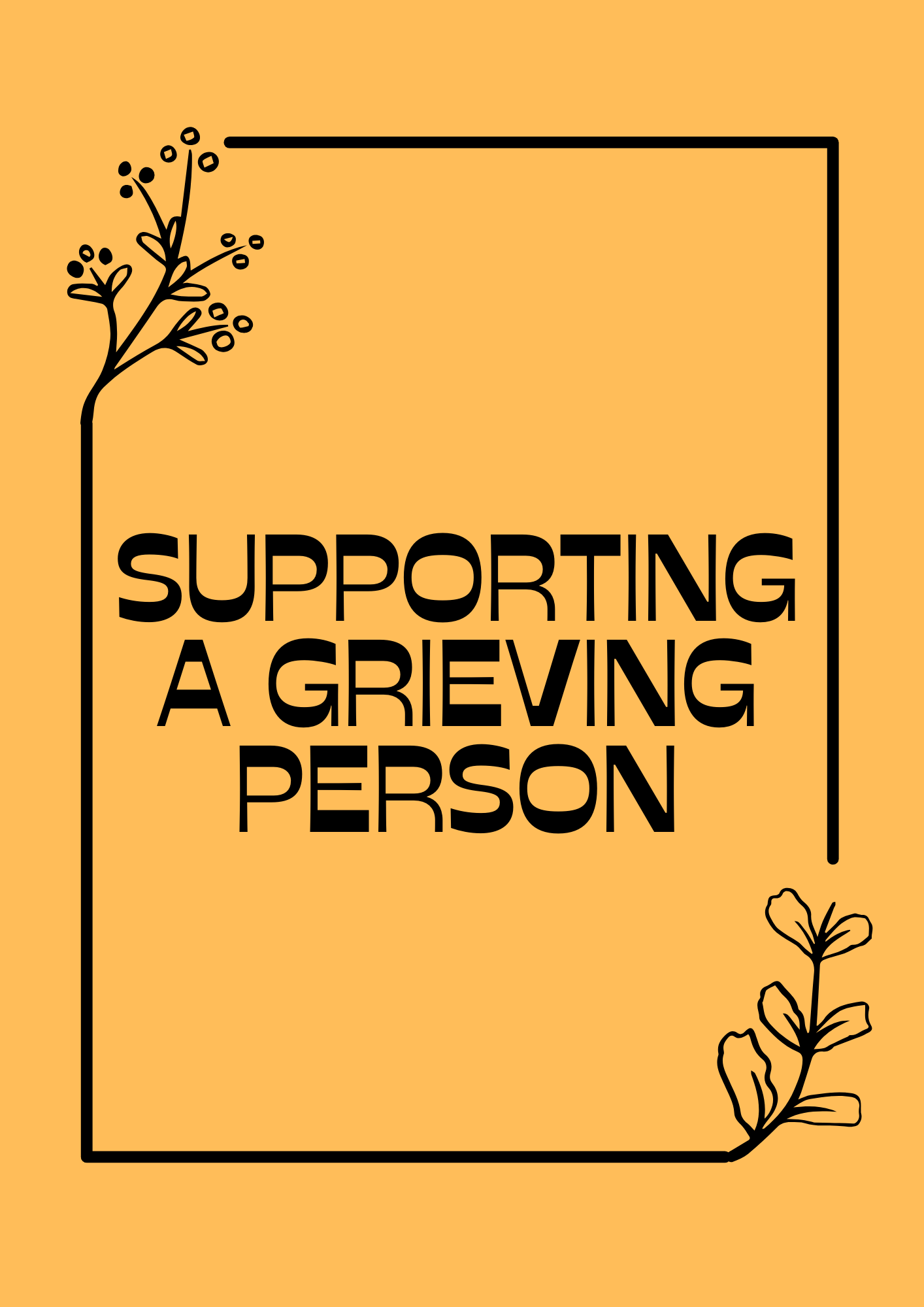Navigating Acute Grief: What to Say and How to Offer Comfort

Introduction
When someone you care about is significantly grieving, getting the correct words to offer comfort and support can be challenging. In most cases, grief is a highly individualized and personal emotional experience. Hence, there are no standard statements to use when offering comfort. When a friend or a loved one is experiencing acute grief, it is natural to worry about saying the right words.
When a loved one is grieving, your presence and words can make a significant difference in helping them cope with their pain. In this article, we will explore what to say to someone who is acutely grieving to provide genuine support and understanding during this difficult time. Even though the below statements can be helpful, they may not work for everyone.
1. “I’m Here for You”
One of the most comforting statements to someone grieving is, “I’m here for you.” Usually, these simple words indicate your willingness to support them unconditionally. Sometimes, grieving people are often isolated, and knowing they have someone to lean on can be immensely reassuring. Know when to talk and when not to.
2. “It’s Okay to Feel Whatever You’re Feeling”
Mostly, grieving individuals are rushed by society to heal. However, grief involves a rollercoaster of emotions, and everyone experiences it differently. When supporting a grieving person, always tell them their feelings are valid. They deserve to feel whatever they are feeling, whether sadness, anger, guilt, or confusion. Create a safe space to express their emotions without fearing being judged.
3. “I Can Help with [Specific Task]”
For a grieving individual, practical support can be incredibly meaningful. If you choose to support such a person, assist with specific tasks like washing, childcare, and grocery shopping. Be specific in your offer so they know exactly how you can help.
4. “Would You Like Some Company, or Would You Prefer to Be Alone?”
Grieving individuals are different in that they may fluctuate between wanting solitude and company. While some like company, others do not. When supporting one, respect their need for solitude; if they prefer company, give them. When working with them, be flexible and understanding of their changing needs.
5. “I’m Here to Listen Whenever You’re Ready to Talk”:
In some cases, grieving individuals may not want to talk immediately. However, when they do, be ready to listen. When they are ready to talk, always avoid offering unsolicited advice or trying to “fix” their grief. Instead, be a compassionate and nonjudgmental listener.
6. “Take all the time you need”
Grieving is a highly individualized journey. While some take less time to heal, others take years. When supporting someone after losing a significant person in their lives, encourage them to take all the time they require and avoid rushing the process.
7. “Sometimes Just Keep Quiet”
When supporting a grieving person, take the cue from them in terms of how much they want to talk. In some cases, the individual wants just a quiet time. In such a case, spending time quietly alongside them can assist them in coping with grief.
You can also offer eye contact, offer a tissue if they are tearing, give a reassuring hug, or even squeeze their hand.

Conclusion
Supporting someone who is acutely grieving can be a challenging task. In most cases, people supporting a grieving individual are always worried about not saying something that will hurt them. When supporting them, be empathetic, patient, and sensitive. Also, remember that no magic statements can eliminate their grief and pain. However, a genuine presence and heartfelt statements can offer solace and comfort during this challenging time.






